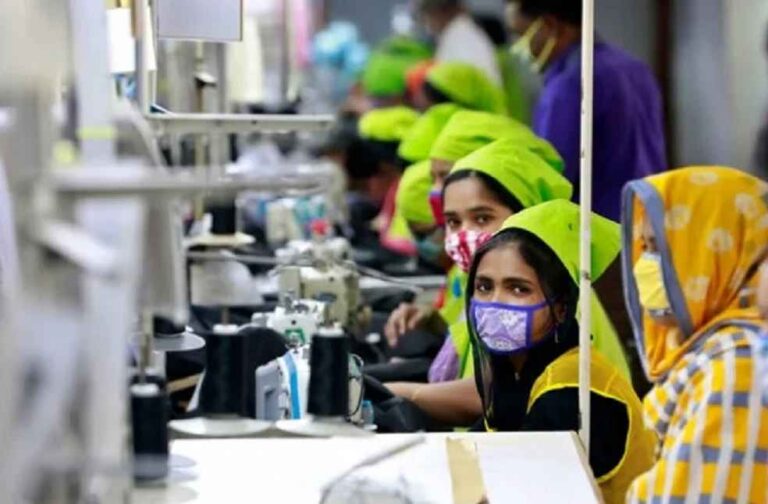The Bangladesh Chamber of Industries (BCI) has voiced serious concerns over the proposed national budget for the 2025–26 fiscal year. It cautions that it may negatively impact the country’s textile and garment industries, key pillars of the export-driven economy. The organization fears that the budget’s emphasis on revenue generation and compliance with International Monetary Fund (IMF) recommendations could destroy the global competitiveness of these crucial sectors.
BCI President Anwar-ul Alam Chowdhury stated that the proposed increases in corporate and personal taxes may overburden current taxpayers and further strain industries already coping with inflation and rising operational costs. Of particular concern is the phased reduction in cash incentives for export-oriented sectors like garments, which could weaken Bangladesh’s position in international markets.

In addition, the budget proposes raising the VAT on cotton yarn and synthetic fiber yarn at the production stage from Taka 3 to Taka 5 per kilogram. The BCI warned that this increase, coupled with an ongoing energy crisis, may escalate production costs and lead to a heavier reliance on yarn imports.
The BCI also flagged the rising import duties and taxes on raw materials for steel and cement, noting the potential inflationary effect on the housing and construction sectors. Moreover, the proposed hike in turnover or transaction tax, from 0.6% to 1%, is seen as a risk to both small and large enterprises.

The organization urged the government to revisit the tax structure, particularly VAT on raw materials, to avoid compounding production costs and jeopardising efforts to manage inflation. As discussions continue, industry leaders are calling on policymakers to strike a balance between fiscal reform and the sustainability of Bangladesh’s leading export industries.
BANKING & FINANCE | Debt Dispute Risks Trade Finance Access in Africa



